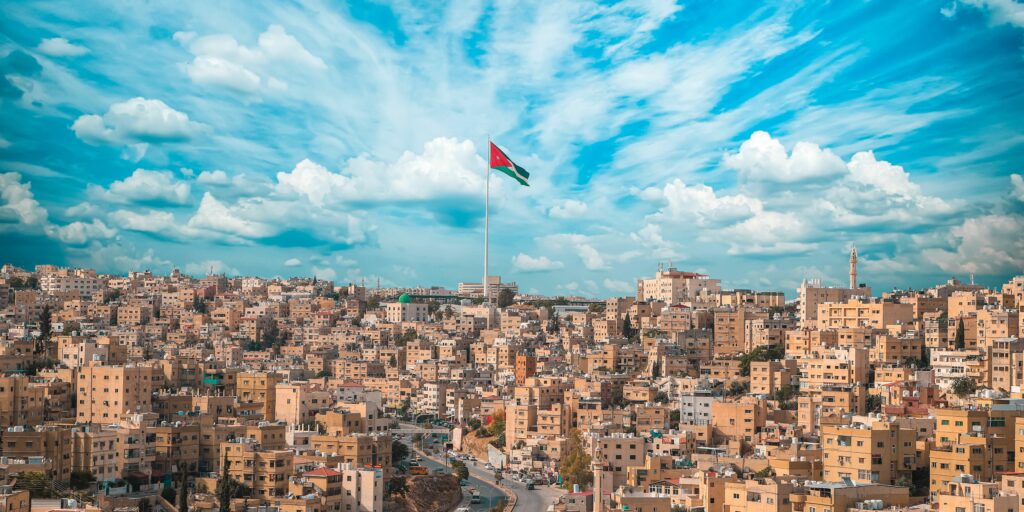Israel’s defence ministry has proposed legalising 60 existing homes at a Jewish settlement in the occupied West Bank, and building another 240 homes at the site, despite US calls for a halt to settlement growth.
Construction at the outpost, known as Water Reservoir Hill, near the Talmon settlement, north of Ramallah, would “greatly damage” the freedom of movement of Palestinian farmers in the area, according to Bimkom, an Israeli planning rights group.
It said the construction plan was put forward for public inspection shortly after the Israeli government was formed this spring and was first approved by Ehud Barak, the defence minister. It was now awaiting final approval.
But Bimkom added: “In virtually all cases, plans deposited for Israeli settlements were subsequently approved.”
The Israeli government insisted the homes were part of old proposals. “These houses have been completed, and there has been no approval given for new houses,” one official said.
The plan, which follows a pattern over many years of settlement growth, appears to challenge directly Barack Obama’s administration, which has issued several clear calls for an end to the practice.
So far, Israel has resisted Washington’s pressure for a halt to construction in settlements and the issue is fast becoming a test of wills between the two governments.
In an interview yesterday Benjamin Netanyahu, the Israeli prime minister, said arguing about settlement activity was a waste of time.
Last week, the US secretary of state, Hillary Clinton, told Israel’s foreign minister, Avigdor Lieberman, that Washington wanted “to see a stop to the settlements”.
Under the US road map of 2003, which remains the basis of Israeli-Palestinian peace talks, Israel is committed to freezing all settlement activity and evacuating settlement outposts built since 2001. The Palestinians, for their part, are committed to curbing militancy.
Netanyahu has said his government will not stop “natural growth” within settlements to accommodate population growth. However, the plans for Water Reservoir Hill, known in Hebrew as Givat Ha’breicha, appear to stretch far beyond any definition of natural growth.
Bimkom said the plan covered 86 hectares (212 acres) and stretched across agricultural land belonging to the village of al-Jania, which is home to 1,200 Palestinians. The only way the farmers could reach their land was along a road which, under the new plan, would become an internal part of the settlement and therefore off-limits to Palestinians. “The new plan, which incorporates part of the road, will disable residents of al-Jania to work their lands and will greatly damage their freedom of movement,” Bimkom said.
The group said the plan also appeared to give a green light to other unauthorised settlement outposts, including four others near the Talmon settlement. All settlements on occupied land are illegal under international law.
Hagit Ofran, a settlement expert at Peace Now, another Israeli rights group, said the proposal originated several years ago. In April last year, Barak gave his approval for the plan to be considered. It was then published for objections on 20 April this year, after Netanyahu’s government was formed. Peace Now has also filed an objection.
Water Reservoir Hill was mentioned in a 2005 report for the Israeli government by the lawyer Talia Sasson, who found it was neither authorised nor approved by the Israeli government and was built without an approved, detailed, plan. Some of it is built on privately owned Palestinian land and the site is far from the main settlement blocs and several miles inside the West Bank.
Yesterday, on an Italian TV channel, Netanyahu said he was offering a “winning formula for peace”. Asked about settlement growth, he said Israel would not build new settlements or expropriate more land to expand existing settlements.
“All we ask is that, pending a final peace agreement, the people who are there will be allowed to live a normal life. They have children, they need kindergartens, they need health clinics and so on.” It was, he said, an “equitable position”. He added: “I think that the more we spend time arguing about this, the more we waste time instead of moving towards peace.”




